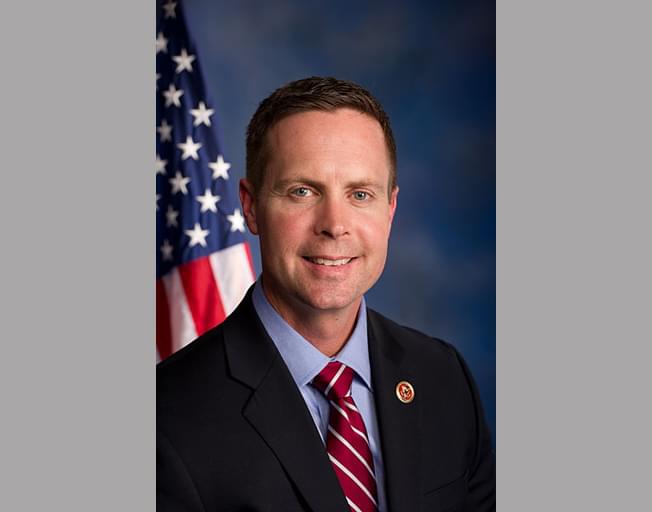
By Cole Lauterbach/Illinois Radio Network
WASHINGTON, D.C. – Three members of Illinois’ Congressional delegation will be behind closed doors when lawmakers hash out the reconciliation of the farm bill that passed the House with the version approved by the Senate.
The U.S. House of Representatives passed a farm bill and the Senate passed a similar but different one. That means they’re required to send the differing bills to a conference committee to be reconciled. The House voted Wednesday to send their version of the bill to conference committee. The members of the committee are selected by leadership and Rep. Rodney Davis, R-Taylorville, was picked to attend.
The debate, Davis said, is likely going to center around the work requirements for federal food assistance. The House version has a work requirement; the Senate bill doesn’t.
“We’ll probably have a very long, maybe heated, debate on how to invest in families that want to get out of poverty,” he said.
Davis was on the last conference committee for the 2014 farm bill as well. The five-year bills reauthorize agricultural programs that can be lifelines for farmers, but the majority of the bills’ costs come from the food assistance spending. The Congressional Budget Office estimates that the bill would cost $867 billion over 10 years.
Davis said he’ll fight to make sure the final version requires able-bodied food stamp recipients who don’t have children to have to work or get job training to be eligible for benefits.
“We have 9 million more people on food stamps today when unemployment is at 3.5 percent than when unemployment was at 9.5 or 10 percent,” he said. “Let’s invest in people and get them out of poverty.”
Opponents of the work requirement say it would take millions of people off the program. Regardless, the proposal that able-bodied welfare recipients without any children should work is popular. A poll conducted for the Foundation for Government Accountability found that 82 percent support “requiring able-bodied, working-age adults to work or participate in a job training program at least part-time in order to receive food stamps.” Thirteen percent opposed.
Reps. Cheri Bustos, D-Moline, and John Shimkus, R-Collinsville, also were selected, but only to decide on parts of the bill that deal with committees they serve in.
Senate leaders have yet to announce their picks for the committee. Illinois Sen. Dick Durbin has spoken out against adding a work requirement, but left the door open for negotiation on the subject.






